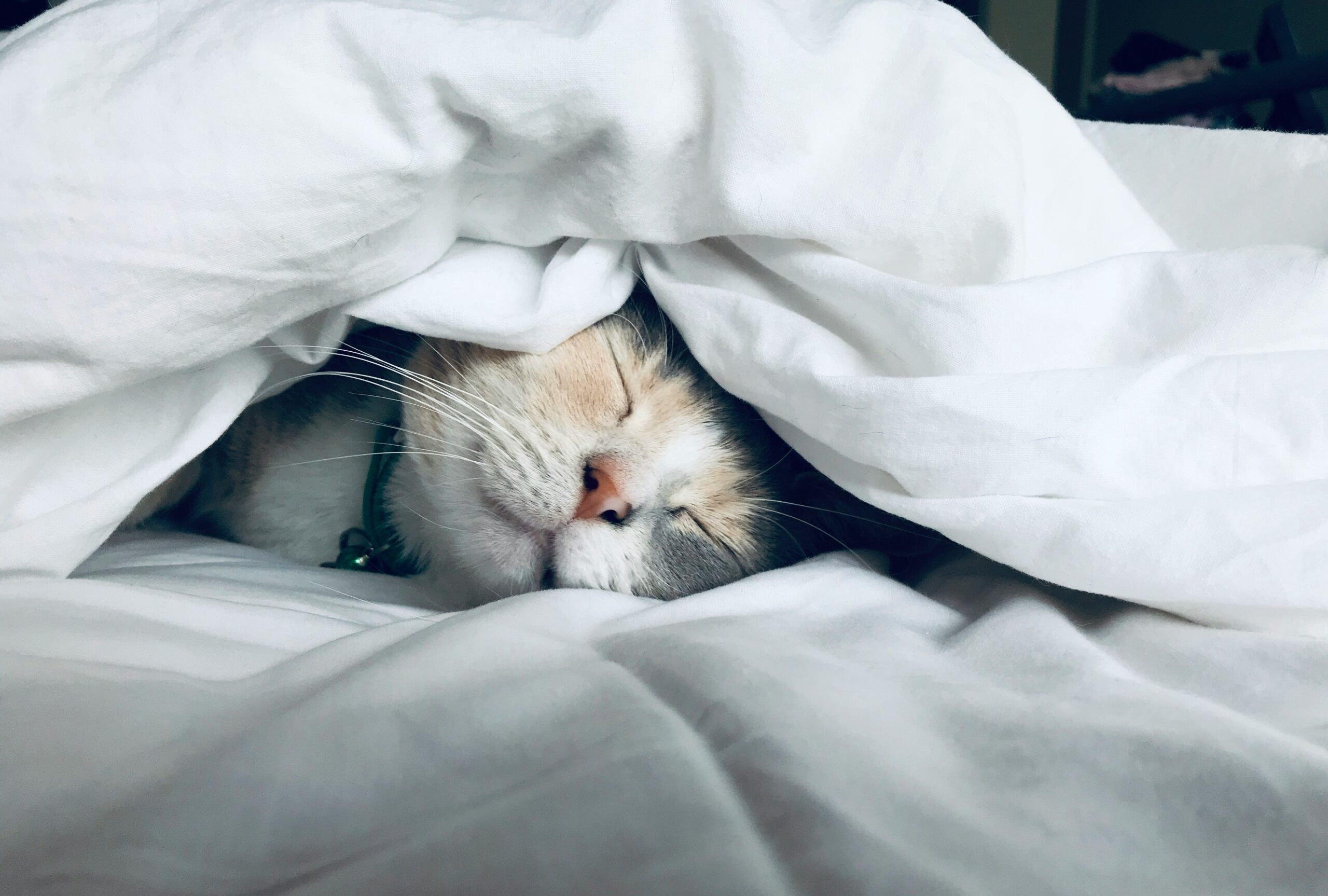In today’s fast-paced world, prioritizing sleep and a balanced diet often takes a backseat to other commitments. As a dietitian, I’ve seen firsthand how these two critical aspects of health are interconnected. While we frequently focus on what we eat to maintain a healthy lifestyle, we might overlook how sleep quality plays a significant role in our dietary habits and overall well-being. Let’s explore the symbiotic relationship between sleep and diet and discuss tips on how you can optimize both for better health.
How Sleep Affects Your Eating Habits
It’s no secret that inadequate sleep can leave you feeling groggy and sluggish the next day. But did you know that it can also influence your eating habits? Research shows that sleep deprivation can lead to increased cravings for high-calorie, sugary, and fatty foods. This is partly due to changes in the hunger-regulating hormones ghrelin and leptin. Ghrelin, the “hunger hormone,” increases with lack of sleep, prompting you to eat more. On the other hand, leptin, which signals fullness, decreases, making it harder to feel satisfied after meals.
Moreover, when you’re tired, your body naturally seeks out quick energy sources—often in the form of simple carbohydrates and sugars. These foods might give you a temporary energy boost, but they can lead to a cycle of blood sugar spikes and crashes, leaving you even more fatigued and craving more foods.
The Impact of Diet on Sleep Quality
Just as sleep affects your diet, what you eat can also impact your sleep quality. Certain foods and nutrients can promote better sleep, while others can disrupt it. For instance, consuming large meals, caffeine, or alcohol close to bedtime can interfere with your ability to fall and stay asleep.
On the flip side, a diet rich in fruits, vegetables, whole grains, lean proteins, and healthy fats can promote restful sleep. Foods high in tryptophan, such as turkey, nuts, and seeds, can help increase the production of serotonin, a neurotransmitter that regulates sleep. Additionally, magnesium-rich foods like leafy greens, bananas, and avocados can relax muscles and promote calmness, making it easier to drift off to sleep.
Practical Tips for Better Sleep
To optimize both your sleep and diet, here are some practical tips:
1. Establish a Consistent Sleep Routine: Aim for 7-9 hours of sleep each night and try to go to bed and wake up at the same time every day. A consistent routine helps regulate your body’s internal clock, making it easier to fall asleep and wake up naturally.2. Limit Caffeine and Added Sugar: Try to avoid caffeine in the afternoon and evening, and be mindful of added sugar intake throughout the day. These can both interfere with your ability to fall asleep.3. Eat Balanced Meals: Focus on incorporating a variety of whole foods into your diet, including plenty of fruits, vegetables, and lean proteins. A balanced diet provides the nutrients your body needs to regulate sleep patterns and maintain energy levels.4. Mind Your Evening Snacks: If you need a snack before bed, choose something light and easy to digest, such as a small serving of yogurt, a handful of nuts, or a banana. Avoid heavy, spicy, or greasy foods that can cause discomfort and disrupt sleep.5. Stay Hydrated: Dehydration can lead to sleep disturbances, so be sure to drink enough water throughout the day. However, try to limit fluids in the hour before bedtime to avoid frequent trips to the bathroom during the night.6. Create a Relaxing Bedtime Routine: Engage in calming activities before bed, such as reading, meditating, or taking a warm bath. Avoid screens and bright lights, as they can interfere with your body’s natural production of melatonin, the hormone that regulates sleep.
Summing it up
The relationship between sleep and diet is a two-way street. By making conscious choices about what you eat and prioritizing quality sleep, you can set yourself up for better health, more energy, and a greater sense of well-being. Remember, small changes can make a big difference. Start by incorporating some of these tips into your daily routine, and you’ll likely see improvements in both your sleep and overall health.
As a dietitian, I encourage you to view sleep and diet as partners in your wellness journey. When these two are in harmony, your body and mind will thank you. Sweet dreams and happy eating!


